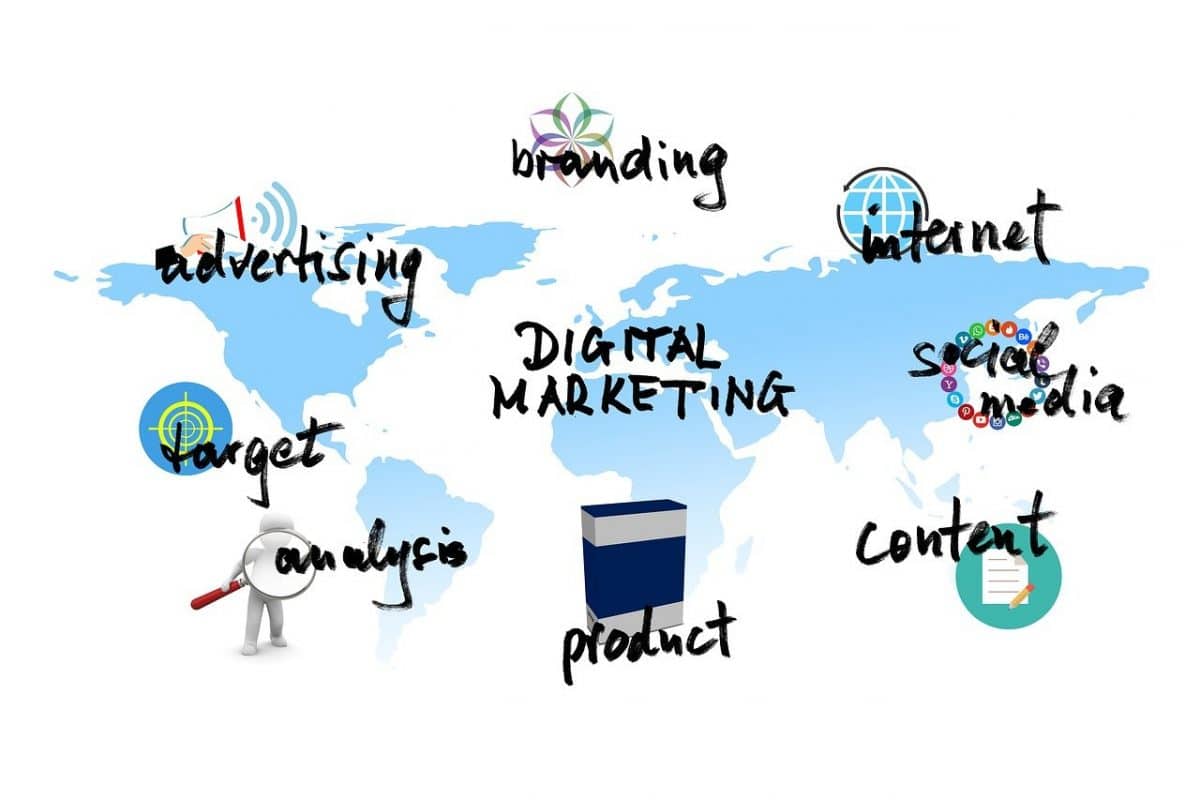Non-traditional media refers to any form of advertising or marketing that goes beyond the traditional channels of print, television, and radio. It encompasses a wide range of digital and interactive platforms that have emerged in recent years, changing the way businesses connect with their target audience. With the rise of the internet and the increasing […]
Non Traditional Media Definition







